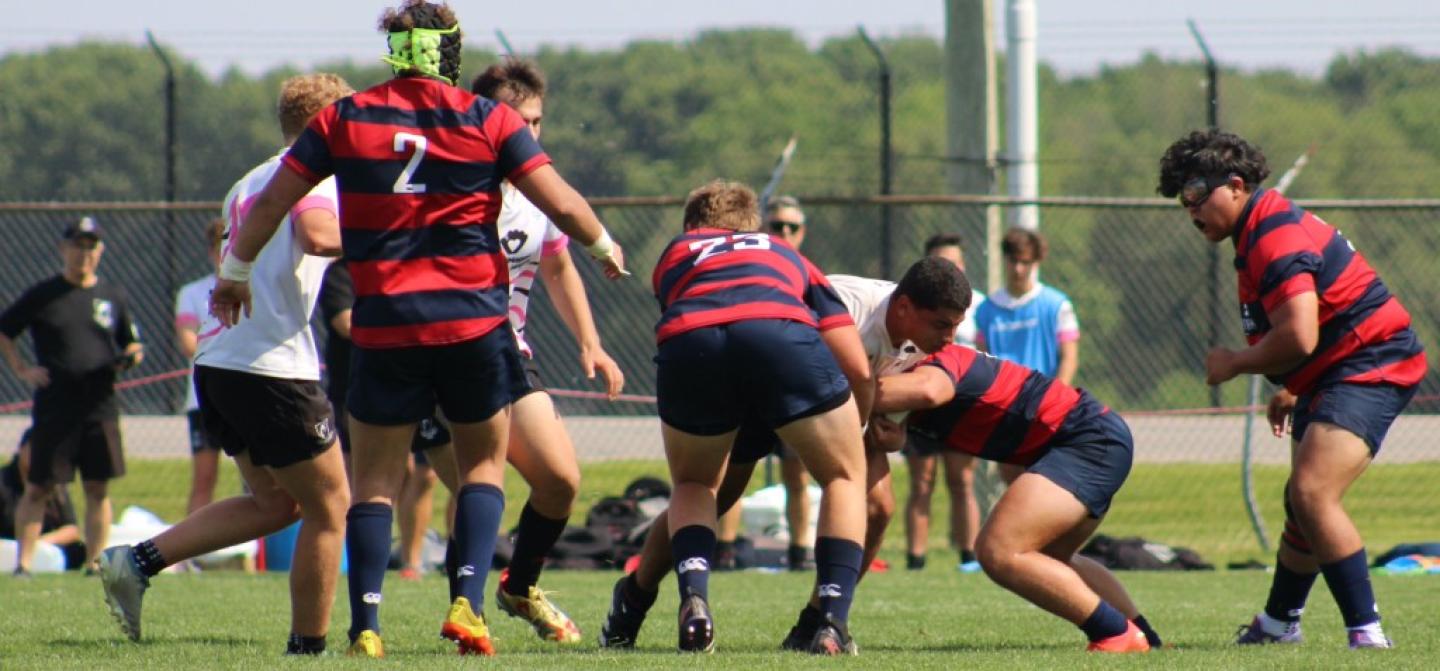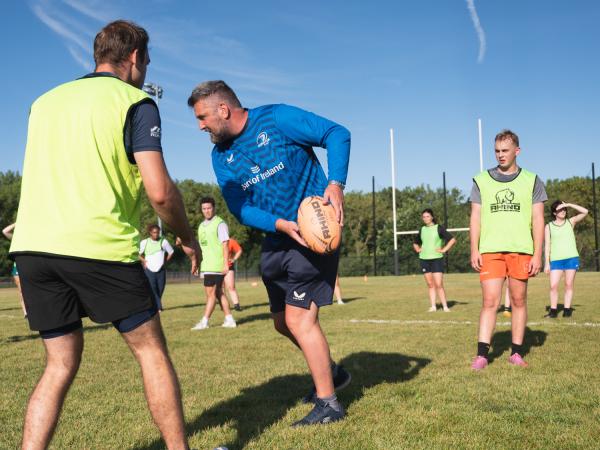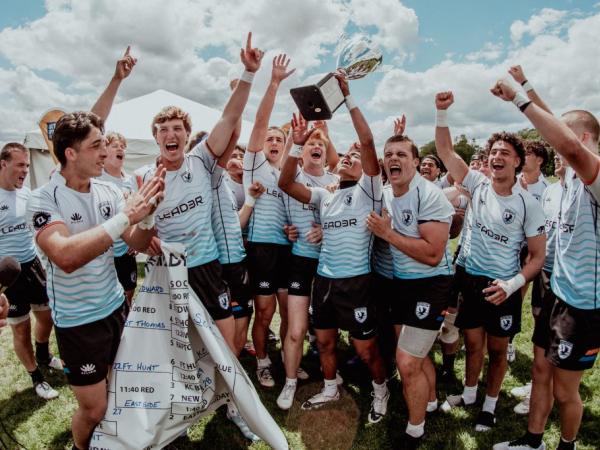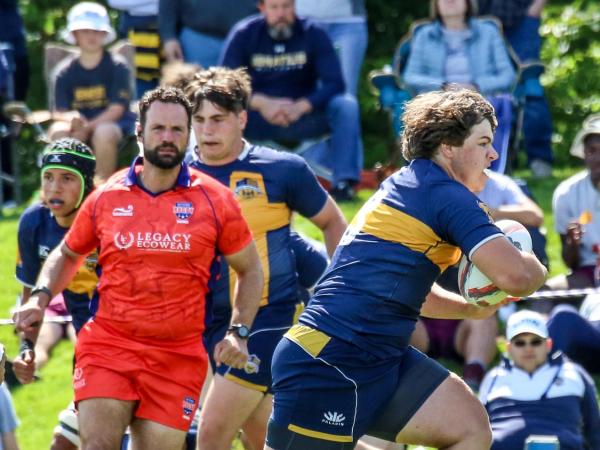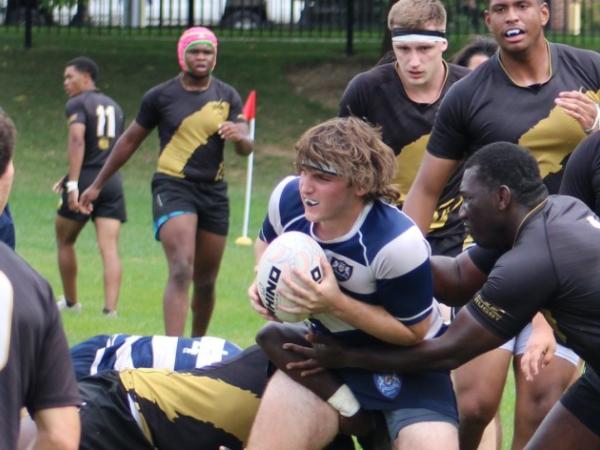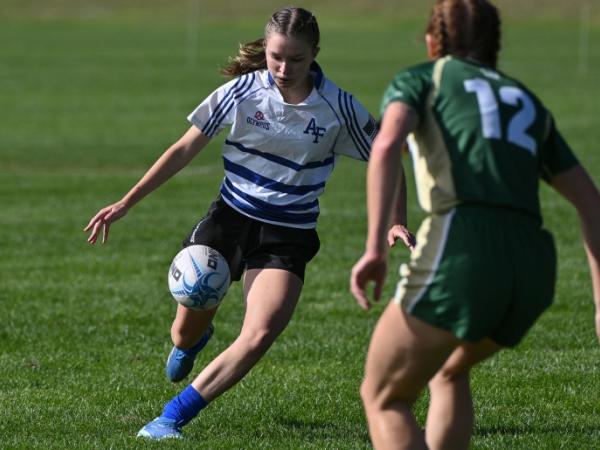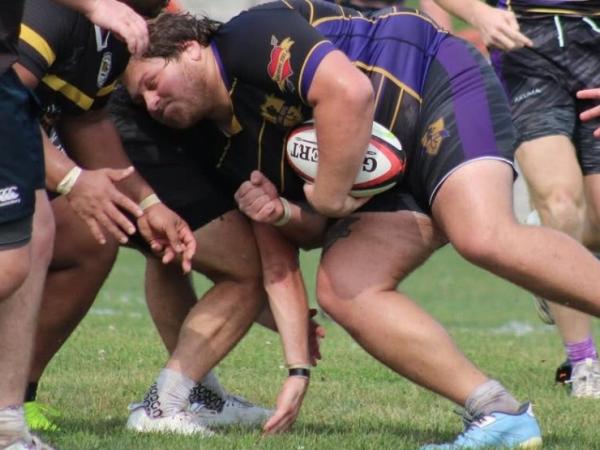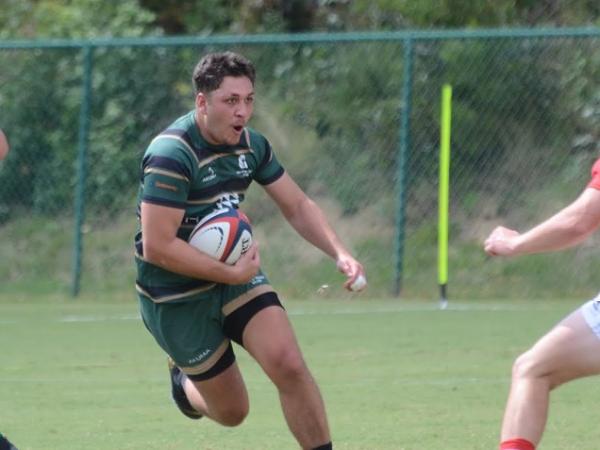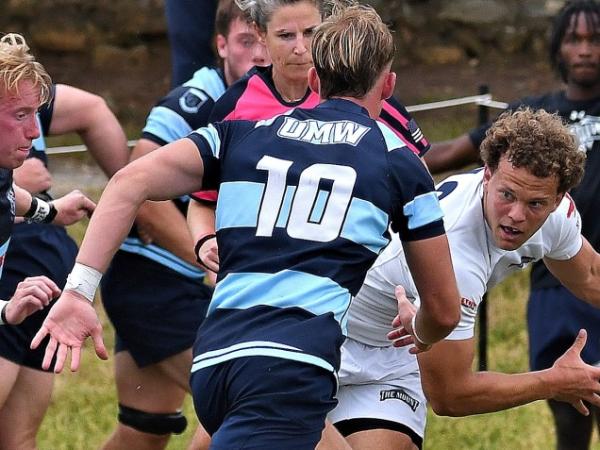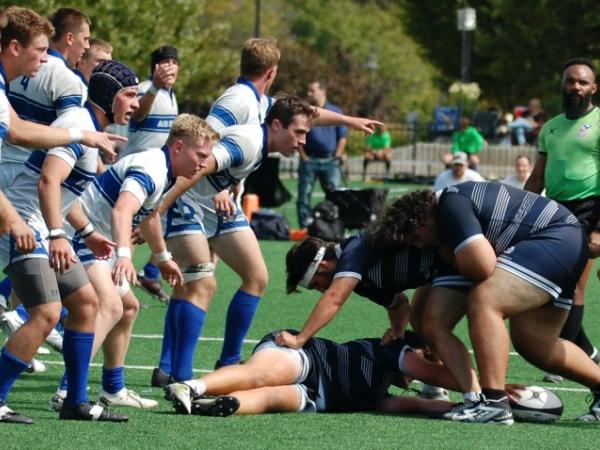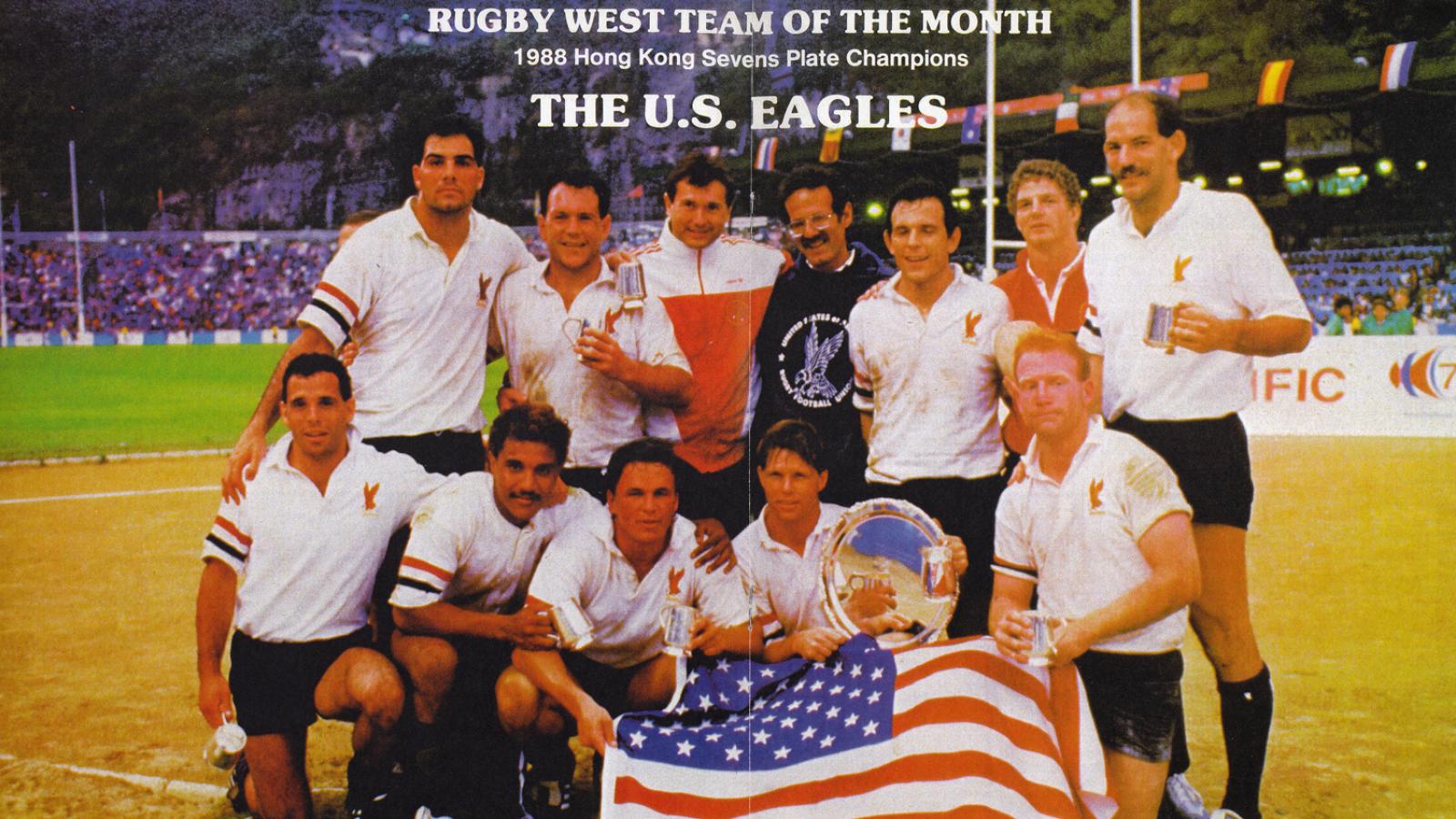The question popped up Saturday night; a question we hadn't pondered at all until then—were the Charlotte Cardinals the first East Coast team to win the HS Club Championships?
Let's have a look. As you can see here>> the HS Championships was, from 1981-2007 to be one tournament. There was no division between HS Clubs and Single-School teams. Over that period, five Single-School teams won championships, and the other 22 (mostly Highland out of Utah) won 17. The regional split is as follows:
Utah 20 Championships, California 7, New York 2.
When the championship was then split into Single-School and HS Club, Highland continued its rein for a while.
From 2008-2013 USA Rugby ran a split tournament, and then when they backed away and it was taken over by a team of coaches headed up by the late Lee Kelly, a Tier II was added.
Here's how those championships break down:
Single-School
California 7
DC 6
New York 1
Utah 1
Ohio 1
Tier II
California 5
New Jersey 1
Virginia 1
Kansas 1
Idaho 1
HS Club
California 6
Utah 5
Indiana 4
North Carolina 1
So you see California and Utah have had many champions—mostly Jesuit Sacramento on the school side for California and Highland on the club side for Utah. But Californian clubs have come from all over. California HS Clubs won five straight HS Club titles from 2018-2023 (no tournament in 2020), with five different teams.
And yes, while there have been Single-School champions from the East Coast (Xavier) and in Tier II (West End, Union) there has never been a HS Club champion from the East Coast until the Charlotte Cardinals won on Saturday. The closest anyone came was Fort Hunt in 2017 and Charlotte Tigers in 2021.
And what a run it was for Charlotte. They arrived with an impressive offensive resume but really it was their defense that saw them through. Put under not insignificant pressure the Cardinals held Okapi to one try, San Diego to two, and, in the final, The Woodlands to one. Over the course of the three days they gave up 30 points, the least allowed of any team in any of the breaks. In fact, the only teams that were remotely close to that astonishing points-allowed figure were Wolverines (46), The Woodlands (41), and Gonzaga (40).
Points allowed by teams not named Charlotte Cardinals were 27.4 per game; points allowed per game by the Charlotte Cardinals was 10.0.
So how did they accomplish that?
First off, there's a not to Zach and Max Coulson. The flyhalf and fullback, and brothers, were really strong fielding kicks and putting distance on any clearance kicks they made. They were not going to make it a short field for you. Next up, captain and MVP of the final, Finlay Mitchell, ran his team extremely well. He had their ear and they organized quickly. After the game the players also pointed out their fitness. They possibly were the fittest team in Elkhart. If not, they were top three at worst. They made their tackles, got off the ground, and got into position quickly and efficiently.
Then there are the guys who just dedicate themselves to playing defense. The back row of Sean Butler, Kai Campbell, and Nate Rawls put defense at the top of their list of jobs to do. But it was everyone—everyone worked hard on defense. If a tackle was missed, and Woodlands makes you miss, someone else was coming in to help.





